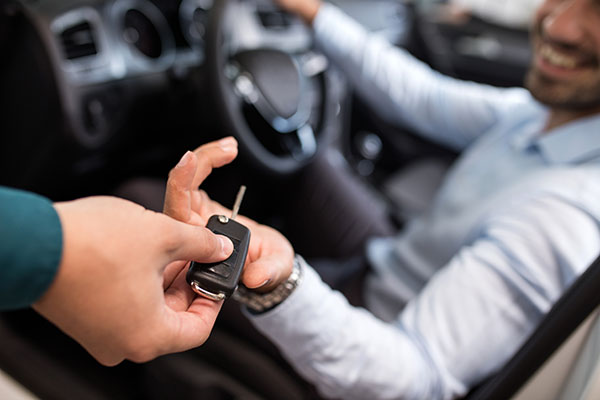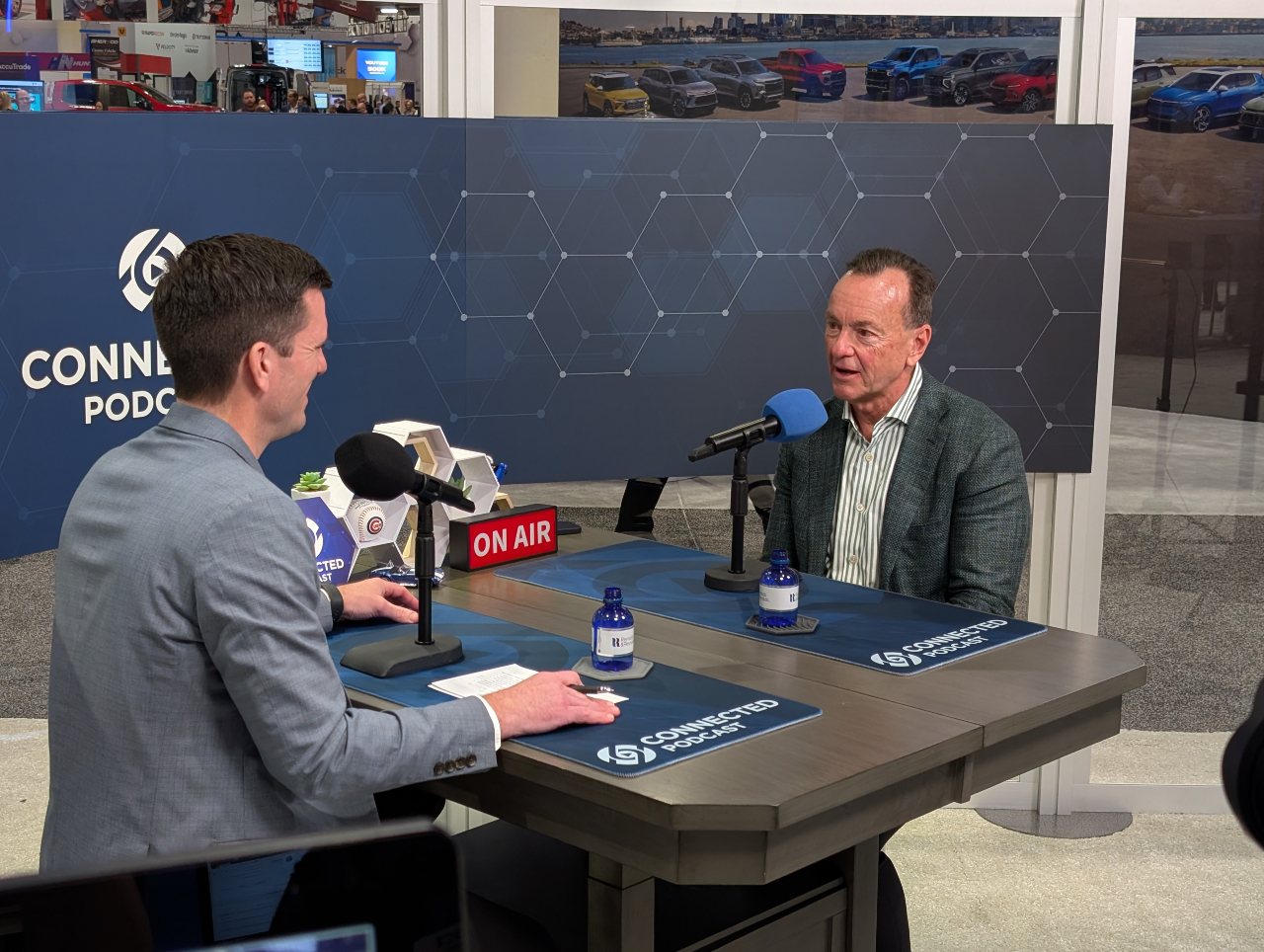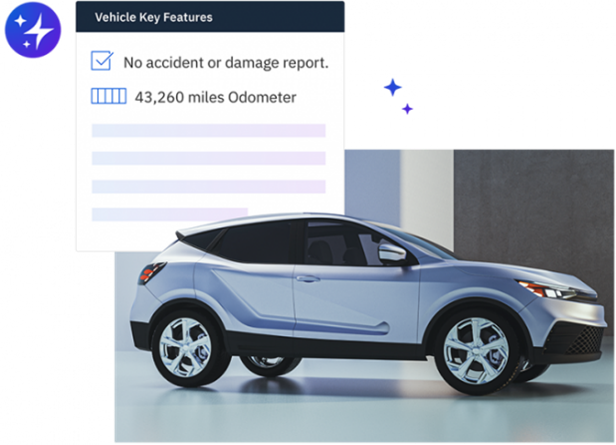Creating Consistency in Your Sales Experience: Connecting With Your OEM

Article Highlights:
- What you can learn from Nissan’s new sales approach.
- Consistency creates a better car buying experience for your customers.
Back in August, Nissan announced they were expanding their EV portfolio and making changes to their retail strategy. They want to align the OEM and dealers in new ways and shift customer focus to the value of the Nissan brand itself. The new retail model is intended to, “create an ecosystem where customers love Nissan and buy Nissan for the [brand’s] value and not for the most recent rebate out there,” said the automaker’s North America sales and marketing boss Michael Colleran in an interview with Automotive News.
Nissan’s new sales approach strikes me with one common theme: consistency between the OEM and their dealerships. In the face of a new process, Nissan wants to align all aspects of their brand for the customer, so no matter where or how they are engaging, they can feel confident in what to expect.
Even if there hasn’t been a predetermined change to your sales strategy, finding ways to align with your OEM now will help you match consumer expectations and mirror messaging your buyers are hearing from the top. A few easy ways you can strive for consistency with your OEM:
Tying the Tiers Together
First, let’s look at your website. Similar to how Nissan is striving to connect the manufacturer to its dealers, finding ways to bring together the tier 1 and tier 3 sales experiences further develop that sense of consistency for your customers.
Not every customer is familiar with the local options to buy a vehicle, so being able to serve them thanks to interactions with the OEM is game-changing. For example, some OEMs have connected the chat capabilities on their tier 1 site to local dealers so when a customer starts inquiring about purchasing a vehicle, the right people are ready to jump in and take care of them.
While not every OEM may have those same chat functionalities available yet, explore what options your OEM offers to connect their customer interactions to your market. Seamlessly transferring this information without disrupting the customer experience creates unity in the customer’s eye between your OEM and your store, and makes their search for the right vehicle that much easier.
Aligning Your Retail Experience with Customer Preferences
Next is to continue that seamless transition from your website to in your store. In a growing age of convenience, your customers want their dealership experience to match the level of ease found in all their other retail experiences. Especially as you are working to maintain familiarity between your customers’ online interactions with your OEM and your dealership, you want to continue that experience throughout their sales journey.
When there is division between the two, especially when it comes to the details of their deal, customers might feel wary and distrustful of your sales process. With one connected system to work deals online and in-store, your customers have the freedom to move between online and in-store and craft the right experience for themselves. This can provide your customers with a better overall perception of your dealership, and make it easier for them to engage with your sales process.
Make the Most of Marketing
Websites are not the only way your customers are going to get information from your OEM or your dealership. Direct mail, email offers, digital ads, and TV commercials are just a few of the other channels your OEM is using to communicate with your customers. Coordinating marketing efforts and messaging between the two can help engage customers and build trust with your dealership and the larger brand. Aligning marketing efforts supports a unified brand image that is recognizable and reliable for your customers.
A lot of OEMs will set marketing guidelines and offer resources through their marketing programs. Utilizing OEM marketing can help with strategy and experience to effectively reach a broader sector of customers. But understanding local contexts and leads can also be important. Enhancing those overarching materials made available to you by the OEM with more targeted marketing ideas can help bring in that initial contact while also investing more in relationship building across the board.
While there may be any number of factors inspiring you to adjust your sales process, keep in mind the ways you can create a consistent process to make the car buying experience easy and enjoyable for every customer.
Related Articles:

The Future of Variable Ops with Experts at NADA 2025
Explore how AI is transforming variable operations in automotive retailing with insights from NADA 2025. Learn about efficiency, profitability, and fraud prevention from industry leaders.

Decision made regarding the Vehicle Shopping Rule – now what?
Check out five key takeaways from the Vehicle Shopping Rule to keep your dealership safe from FTC enforcement actions.

3 Ways AI Can Elevate Your Dealership’s Online Inventory
On average, Americans are exposed to between 4,000 and 10,000 advertisements every day. From commercials on TV to billboards on your way to work, all…

The Pizza Playbook – What Ordering Pizza Teaches Us About F&I
For as long as I can remember, my family had “pizza night” every week. Without fail, every Friday evening we’d all gather around the computer…















